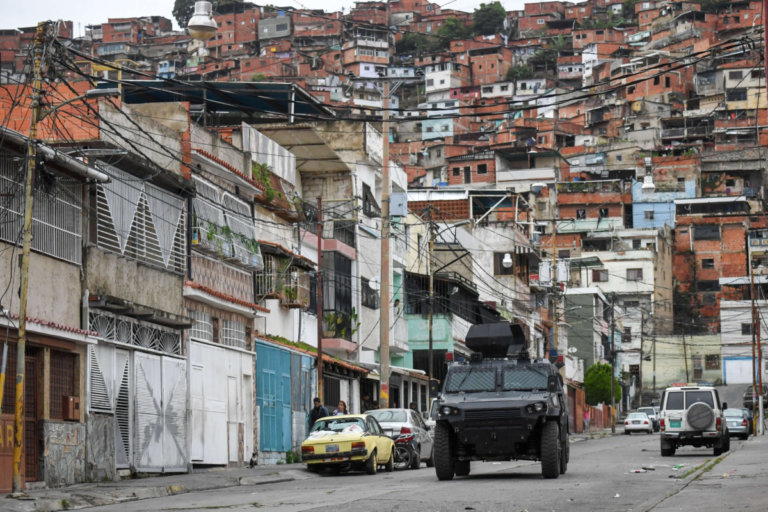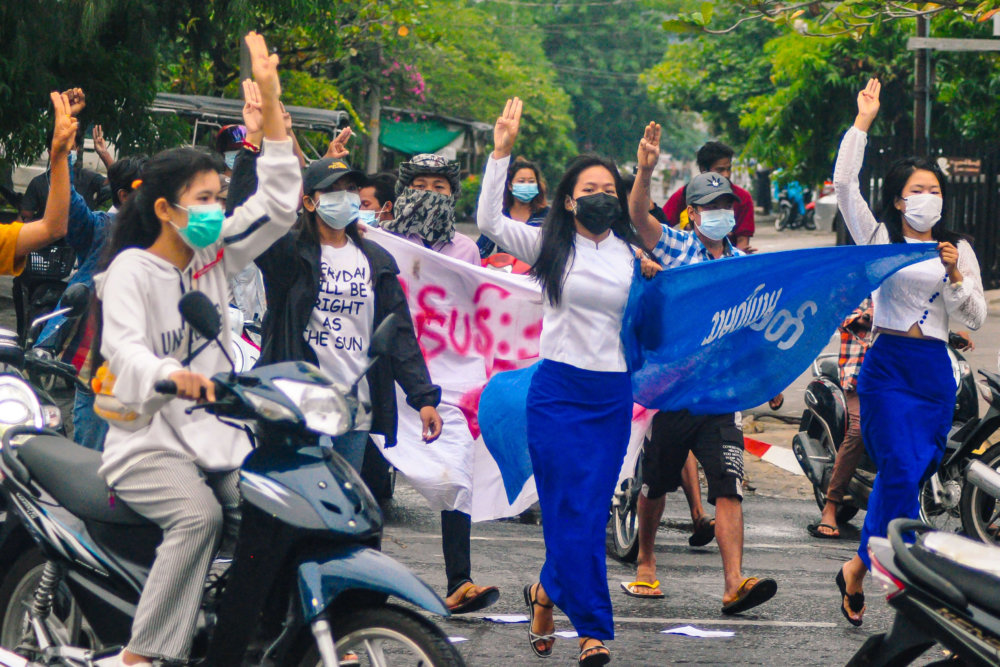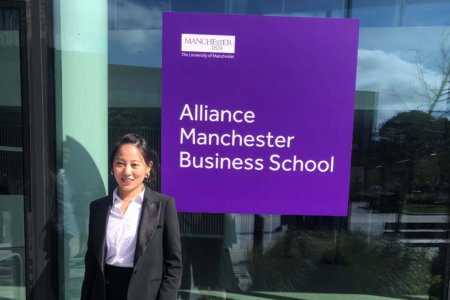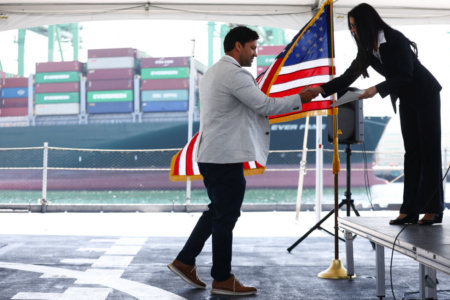
International students from Myanmar, Venezuela, and Syria should be automatically afforded Special Student Relief (SSR) benefits to avoid visa gaps, according to a new report from non-partisan think tank Niskanen Centre. The US Department of Homeland Security (DHS) grants SSR and Temporary Protected Status (TPS) status in support of international students who may be struggling; so their life abroad may improve their situation back home.
Countries that receive TPS status are typically experiencing great socioeconomic difficulties involving war, violence, or natural disaster. On the other hand, SSR covered “world events that affect F-1 Students from a particular region and create significant financial hardships.” The US extended SSR status to Myanmar, Syria, and Venezuela last year.
Niskanen Centre Vice President for Policy and Director of Immigration Kristie De Peña pointed out that while the policies are in place to help international students, its application might seem a little more complicated. “For some F-1 students, it may make sense to apply for TPS status. For others — especially those from countries with expectations of shorter TPS designations — it may make more sense to keep F-1 designation to ensure no interruption in their education to reapply for a student visa should their country’s TPS designation end,” she writes.

Protesters make the three-finger salute as they take part in a demonstration against the military coup in Mandalay, Myanmar. Source: STR/AFP
Even SSR status could expire before international students on F-1 visas are granted their extension. This forces them to stop working while waiting for the extension. Such gaps may be avoided if international students automatically receive the support of these policies, without having to file a separate application.
International students still need concessions
In June, the DHS afforded Burmese students SSR designation, which effectively eased restrictions for non-immigrants under an F-1 student visa. This included reducing the number of required credit hours as well as allowing longer working hours — both measures the DHS believed would help Burmese students better support themselves as their nation struggles with long-term civil conflict.
Nearly 250,000 Burmese citizens have been displaced by the military coup and subsequent turmoil. Analysts project that this could lower the country’s GDP by up to 20% in the coming year, due to bank closures, cash withdrawal interruptions, and sharp price hikes for basic necessities.
De Peña’s final suggestion may be radical, but it holds water: “We can go a step further by extending SSR status to all F-1 students right now due to the COVID pandemic,” she writes, elaborating on the importance of a “blanket flexibility” to support international students at a comfortable pace. As circumstances change rapidly due to vaccinations and travel restrictions, the US is preparing to welcome thousands of international students back for the fall semester this year. Additional visa concessions could go a long way in facilitating this return.










